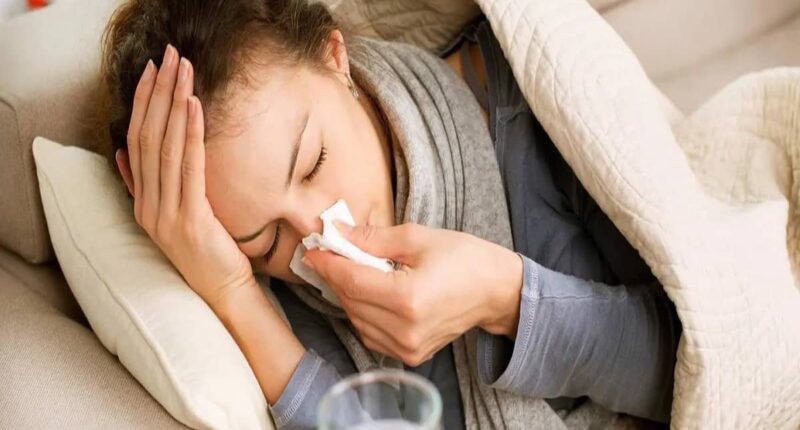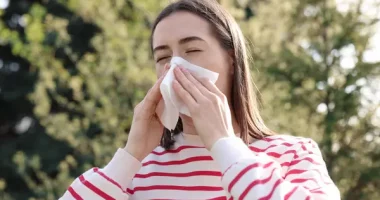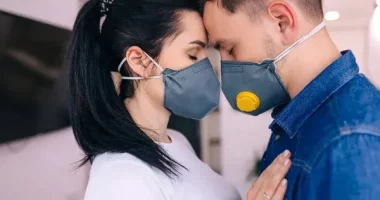World Pneumonia: Signs, symptoms, causes and prevention – World Pneumonia Day is commemorated on November 12 every year to educate, raise awareness, and empower families and caregivers, making a significant difference in preventable and treatable diseases. Dr Sushila Kataria, Senior Director- Internal Medicine, Medanta, Gurugram, further explains how and when a vaccine prevents pneumonia.
Why Is Pneumonia Critical?
Pneumonia is a critical condition that can lead to significant hospitalization. In addition, the state is a top reason for death in children because the child’s immunity develops and can be easily compromised, resulting in a life-threatening situation. Pneumonia killed approximately 7,40,180 children under the age of five in 2019, according to the World Health Organization, accounting for 14% of all deaths in children under five. Though data for India is still unavailable, given the rising number of patients being hospitalised in India, the numbers could be comparable to those in the United States.
How Does Pneumonia Affect The Quality Of Life?
When a person has severe pneumonia, they must be admitted or visit the OPD regularly, which can be expensive and time-consuming. In addition, patients with pneumonia who get hospitalised have an increased risk of losing the ability to perform daily life activities such as walking, cooking meals, or using the bathroom without assistance. The disease can also cause lung damage, which is sometimes irreversible, and some patients may die due to the disease.
Who Is Most At Risk For Pneumonia?
Pneumonia can affect anyone, regardless of gender. However, children, the elderly, and HIV patients are the most vulnerable to the condition because their immune systems are severely compromised, making them more likely to develop chronic diseases. Furthermore, people with co-morbidities such as diabetes, kidney problems, bronchial asthma, and other immunocompromised conditions are more likely to develop pneumonia.
What Problems Can Pneumonia Cause?
Pneumonia can cause a variety of issues, including absenteeism, fatigue, lack of concentration, and some severe problems such as multi-organ failure, acute respiratory distress syndrome, heart failure, kidney failure, lung abscesses, sepsis, residual lung damage, and respiratory failure, from which patients may never fully recover which may lead to mortality.
What Are The First Warning Signs Of Pneumonia?
Some of the symptoms of pneumonia include fatigue and cough. Although older people may not have a fever, they may experience other symptoms, such as low oxygen saturation and drowsiness. Similarly, infants may exhibit various symptoms, such as failure to thrive and gain weight, a lack of appetite, and a dull and bluish appearance.
How Can Pneumonia Be Prevented?
Though pneumonia is not contagious, infectious agents such as bacteria, fungi, and viruses are the leading cause of pneumonia. Hand washing is the simplest way to keep these organisms from coming into contact with our respiratory system. Additionally, pneumonia can be prevented through immunisation, proper nutrition, and addressing environmental factors. Furthermore, antibiotics are treatable; however, only one-third of children with pneumonia receive the necessary antibiotics. Getting a flu shot every year can also help to prevent seasonal influenza. Because flu is a common cause of pneumonia, preventing flu is an excellent way to prevent pneumonia. Furthermore, people with co-morbid conditions should control their underlying disease, maintain proper coughing etiquette to prevent the spread, seek treatment when experiencing prolonged symptoms, quit smoking, and avoid excessive alcohol consumption.
How Does A Vaccine Prevent Pneumonia?
A vaccine is made from inactivated bacteria or a portion of bacteria that, when ingested, stimulates the immune system in the same way that the pathogens such as bacteria and viruses would. It gives the body the impression that pathogens are under attack, but because these are inactivated or partial complexes, they do not cause disease. Still, they train the body’s immunity to fight future infections and safeguard people against pneumonia.









